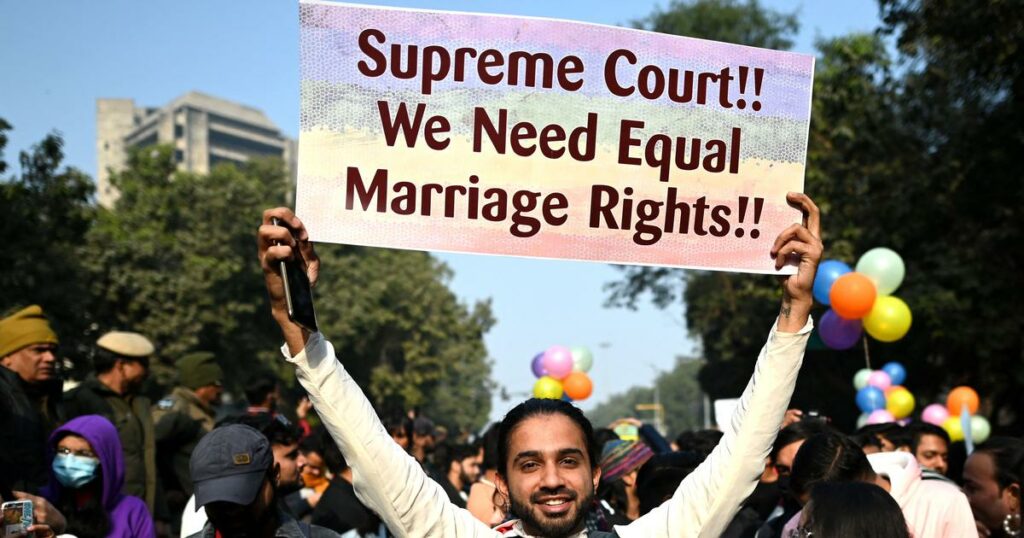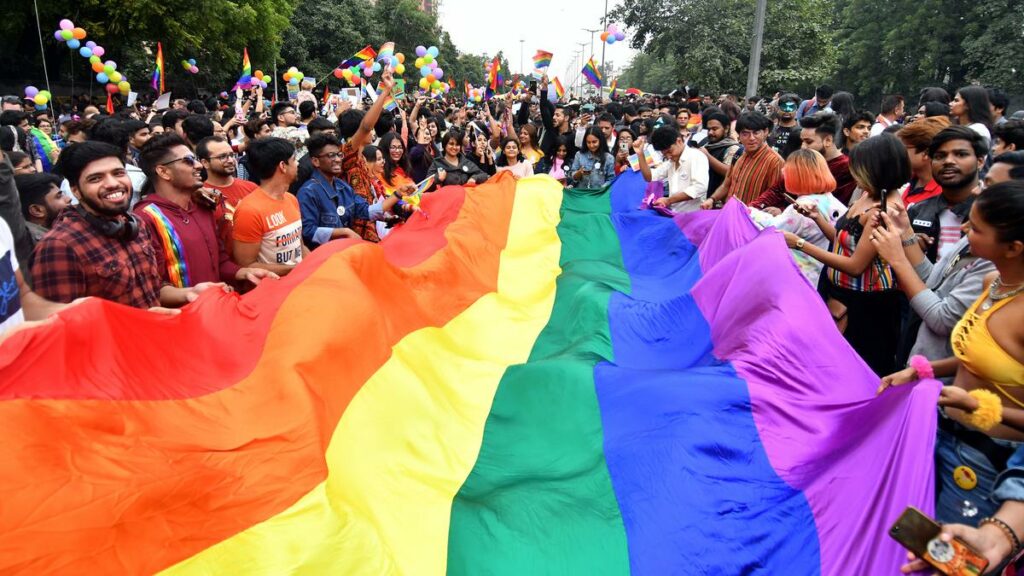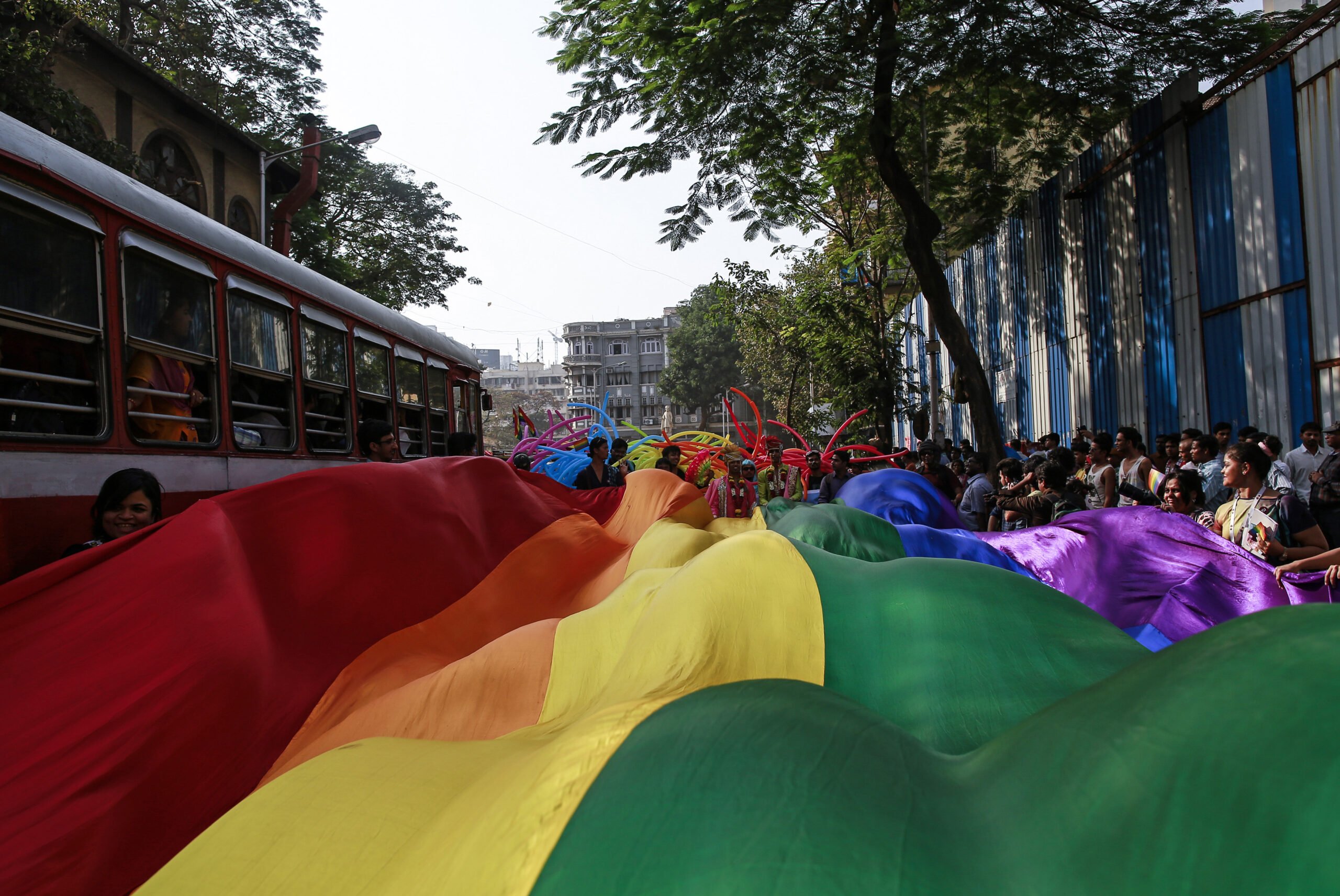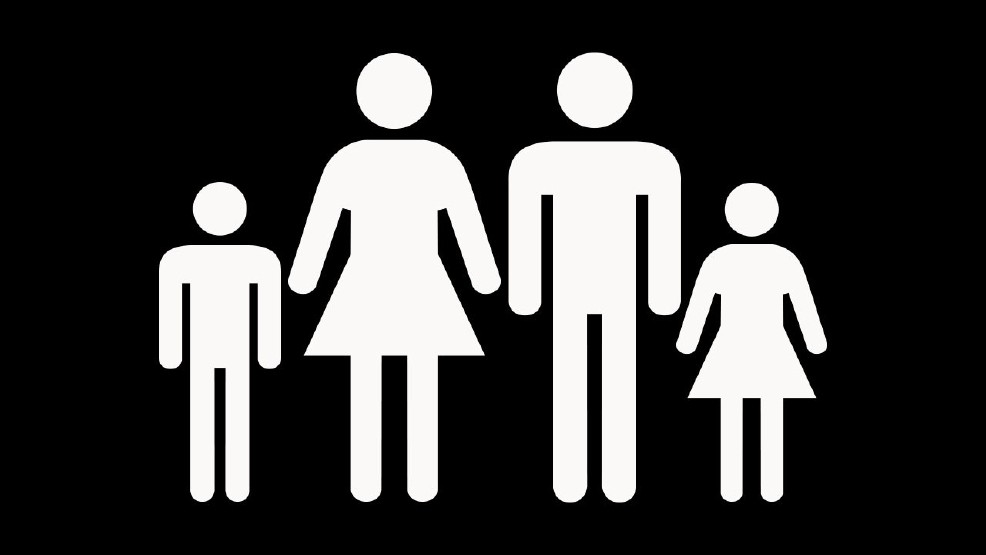In India, the law defines who can enter marriage, how to enter marriage and how to exit one, but the government is restricting itself to its usual homophobic tendencies while defining what is a marriage. In an affidavit filed to the Supreme Court, the government mentioned that the “accepted view” of a marriage is between a biological man and woman and it is a “holy union, a sacrament and a sanskar” in India. This has crucial implications for minority rights in a multitude of ways – legally, culturally, and socially.
This is also crucial as it comes when the government has shamelessly opposed the elevation of an openly gay judge, and also supported the prohibition of blood donation from gays, lesbians, transpersons, etc. based on “scientific evidence.” The Supreme Court, on the other hand, has taken some affirmative decisions – which openly supported the elevation of a gay judge although much of it is linked with nepotism and privilege rather than simply Kripal’s sexuality, released a sensitisation module that puts in place protocols that may be followed by the police and magistrates while adjudicating criminal complaints by or against LGBTIQA+ individuals.
On one hand, the state says that the family unit is the building block of society and that there are other heterogenous, smaller units of family. Still, the state only supports heterosexual families, calling it “the quintessential building block for its existence.”In their affidavit, the centre has mentioned that it won’t make sense to change the entire legislative policy of a country which is deeply embedded in religious and societal norms, after referring to different personal laws and Hindu laws and how all of them define marriage in a confined manner.
As of now, the Supreme Court is set to begin hearing before a five-constituted bench on the issue from 18th April 2023. This is probably the first time that the centre has given a clear-cut response. Earlier, it was argued in the High Court that marriage is only between a man and a woman. And the ministers are well known to attack an advertisement of karva chauth showing two queer women or Sushil Kumar Modi’s statement about same-sex marriage being against the cultural ethos of the country, which received a lot of flak and even an open letter from transgender rights activist Akkai demanding an apology from the minister.
Moral policing on the idea of family
While the government proudly hums the tune of Vasudhaiva Kutumbakam, which translates to the world is my family, clearly, though, there are definite outliers to this understanding of family. Within their affidavit, the government mentioned – “Living together as partners and having sexual relationship by same sex individuals is not comparable with the Indian family unit og concept of a husband, a wife and children,” further adding that all these relations are based on ‘the biological.’ While this senseless statement removes so many people outside the ambit of family, and these are not just queer people.

It also states that the heterosexual nature of marriage has been the norm throughout history and is fundamental to the existence and continuance of the state. However, no other state has broken down due to the provision of same-sex marriage. The response also adds that the state limits the recognition of marriages or unions of personal understandings of relationships between individuals to the heterosexual form, citing that it doesn’t mean that other relationships or unions or marriages are unlawful. But if they’re not unlawful, one question is definitely why are they being denied the rights when courts are looking to provide with them another and more crucial one is why the state is only interested in protecting and conversing the status quo of marriage as a unit where only a specific form of coupling can reproduce and add to the state whether in political or economic terms.
Also Read: On Legalising Same-Sex Marriages Under The Special Marriage Act
There is an element of confusion as well. On one hand, the state says that the family unit is the building block of society and that there are other heterogenous, smaller units of family. Still, the state only supports heterosexual families, calling it “the quintessential building block for its existence.” In their affidavit, the centre has mentioned that it won’t make sense to change the entire legislative policy of a country which is deeply embedded in religious and societal norms, after referring to different personal laws and Hindu laws and how all of them define marriage in a confined manner.
The document even refers to Navtej Singh Johar v. Union of India to put forward the point that same-sex marriage cannot be recognised under the laws of the country even though the same judgement clarifies that under Article 21 of the Constitution of India, every individual has a right to the union which exists beyond marriage also.
Blatant lies and bigotry: Looking at same-sex marriages
Solicitor General Mehta even went on to say in the court that, “these continuous arguments on stigma…after Navtej Johar judgment there is no stigma.” There is no lack of evidence to show the stigma that queer people face every day ranging from the murder of transpersons to the suicide of young children over bullying to consistent attacks on queer trans activists to couples being unable to help each other during times of emergency. In fact, lawyers like Rohin Bhatt were shocked and triggered by the statement about no existing stigma while attending the hearing, and also simultaneously witnessing the blatant homophobia.

The centre, on the other hand, examines marriage as a form of sanskar in the affidavit and even lists the statutes that will be disrupted if same-sex marriage is codified by the law. It’s particularly shameful that the statutes referred to are the ones which provide protection to women from violence. Perhaps, the most shocking text of the affidavit reads about how denial of legal recognition does not breach Part III of the Constitution of India. In their response, they said, same-sex relationships and heterosexual relationships are distinct classes, there’s no privilege of heterosexual relationships, no fundamental right can recognise a specific form of relationship, right to privacy is not extended to the right to marry, among other reasons citing the power of parliament being higher than other powers.
A critique of law, state, and marriage is essential
Based on the comments made by the solicitor general on behalf of the central government, it is pertinent that these conversations also raise the issue of how much space we give to the state and the law to decide our personal lives. Also, note the fact that there is a constant power tussle between the State and the law on these matters. Vqueeram and Akhil Kang have warned repeatedly that the same-sex marriage project is largely a Savarna ideal. So when we raise the demand for the same, and there’s a visible pushback from the government, who will bear the brunt of negotiations or trade-offs, if there are any?
It has been noted before as well that how the legal benefits of marriage are limited to spouse and queer community have diverse forms of kinship which are also entitled to these benefits. If the state is not even recognising marriage between two people of the same gender, where do we have the space to raise the radical queer conversations around the acknowledgement of forms of families led by minorities.
There is an urgent need to redefine the marriage equality question as there is an underside to equal treatment, there are limits to even interpretation, and a greater understanding of inclusion is needed in the wider reform of laws around family, all the while substantiating which queer realities are the law going to focus on. While the upper-class, upper-caste gays and lesbians will enjoy their rights, there are so many intersectional identities without any privilege or social capital that are waging a larger battle.
In the month of February, I attended a talk on the same-sex marriage question organised by QAMRA at ALF (Alternative Law Forum) consisting of a panel of Akkai Padmashali, Uma, and Arvind Narrain. There, Uma also mentioned the reason transpersons are pushing for marriage equality by focusing on the case of Chandini’s murder where police refused to register the case or acknowledge the existence of the relationship. And while these arguments substantiate why marriage equality is definitely needed, there are a lot of areas to cover.

There is an urgent need to redefine the marriage equality question as there is an underside to equal treatment, there are limits to even interpretation, and a greater understanding of inclusion is needed in the wider reform of laws around family, all the while substantiating which queer realities are the law going to focus on. While the upper-class, upper-caste gays and lesbians will enjoy their rights, there are so many intersectional identities without any privilege or social capital that are waging a larger battle.
Also Read: 3 Loopholes In The Push For Same-Sex Marriages In India
While the future of same-sex marriage rights will unfold only after a month, there is a strong need to question the blatant homophobia from the government, especially by queer people who are supportive of the government. Along with that, we need to reflect upon the marriage question itself and if the provision will also lead to other welfare rights which are crucially needed.
Author’s note: I would immensely like to thank Twitter user Akhilesh Godi, who has created an open excel sheet with all the petitions, and a repository of all the respective responses from the government, which paints the true picture of the proceedings so far.




